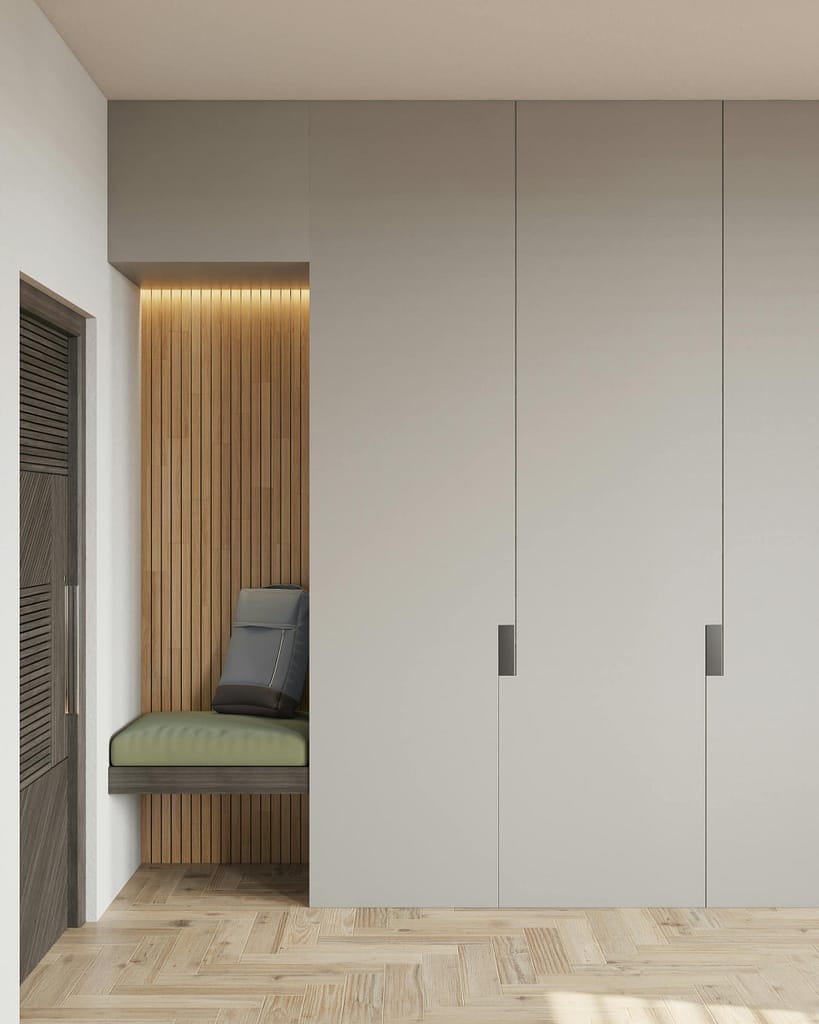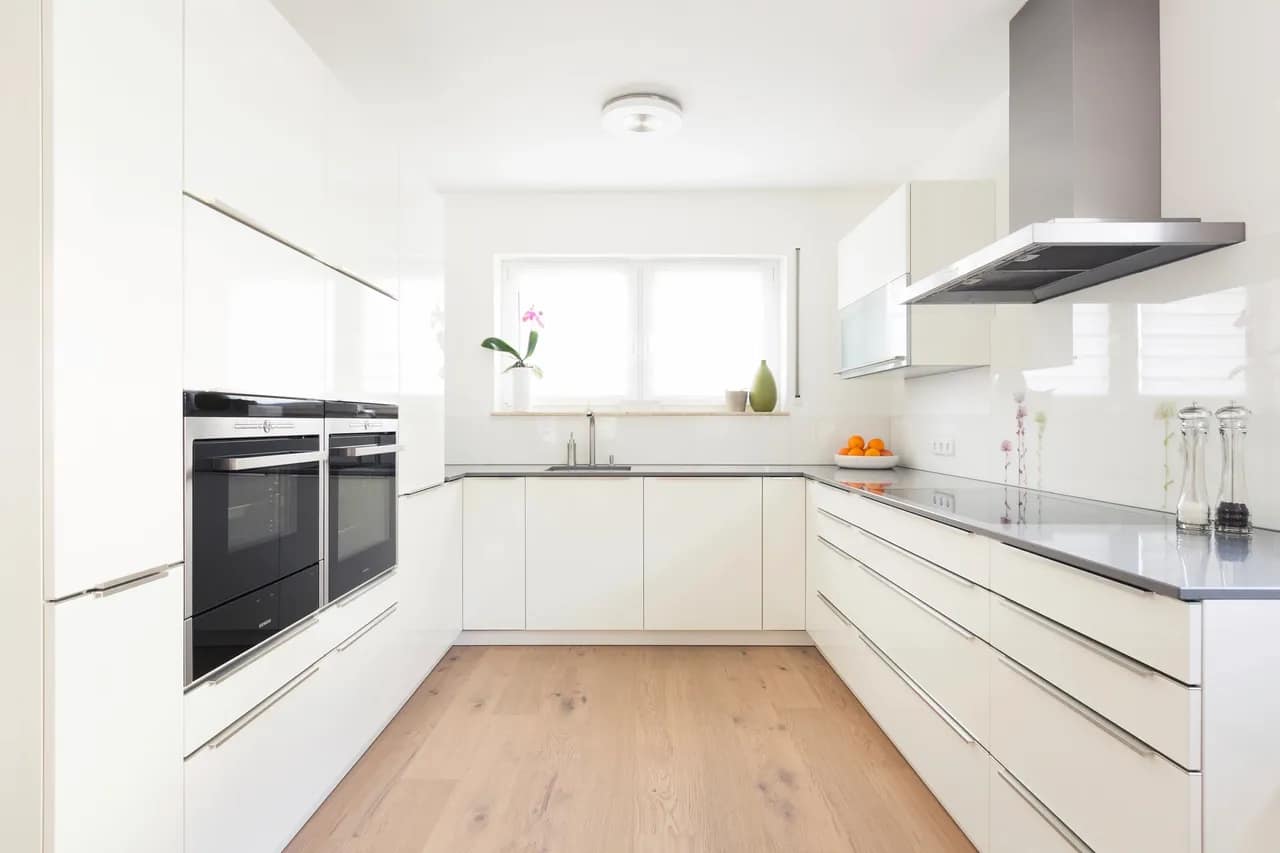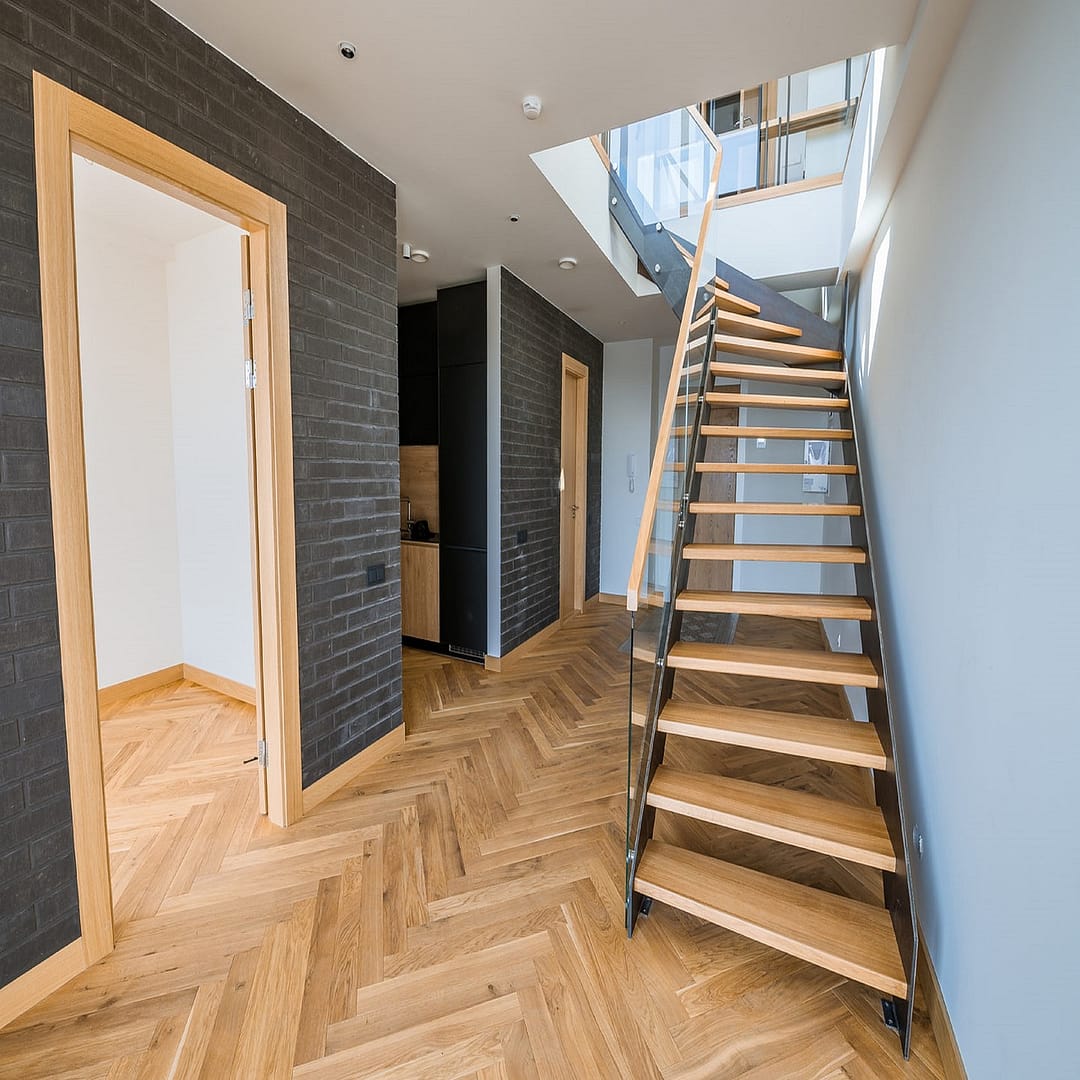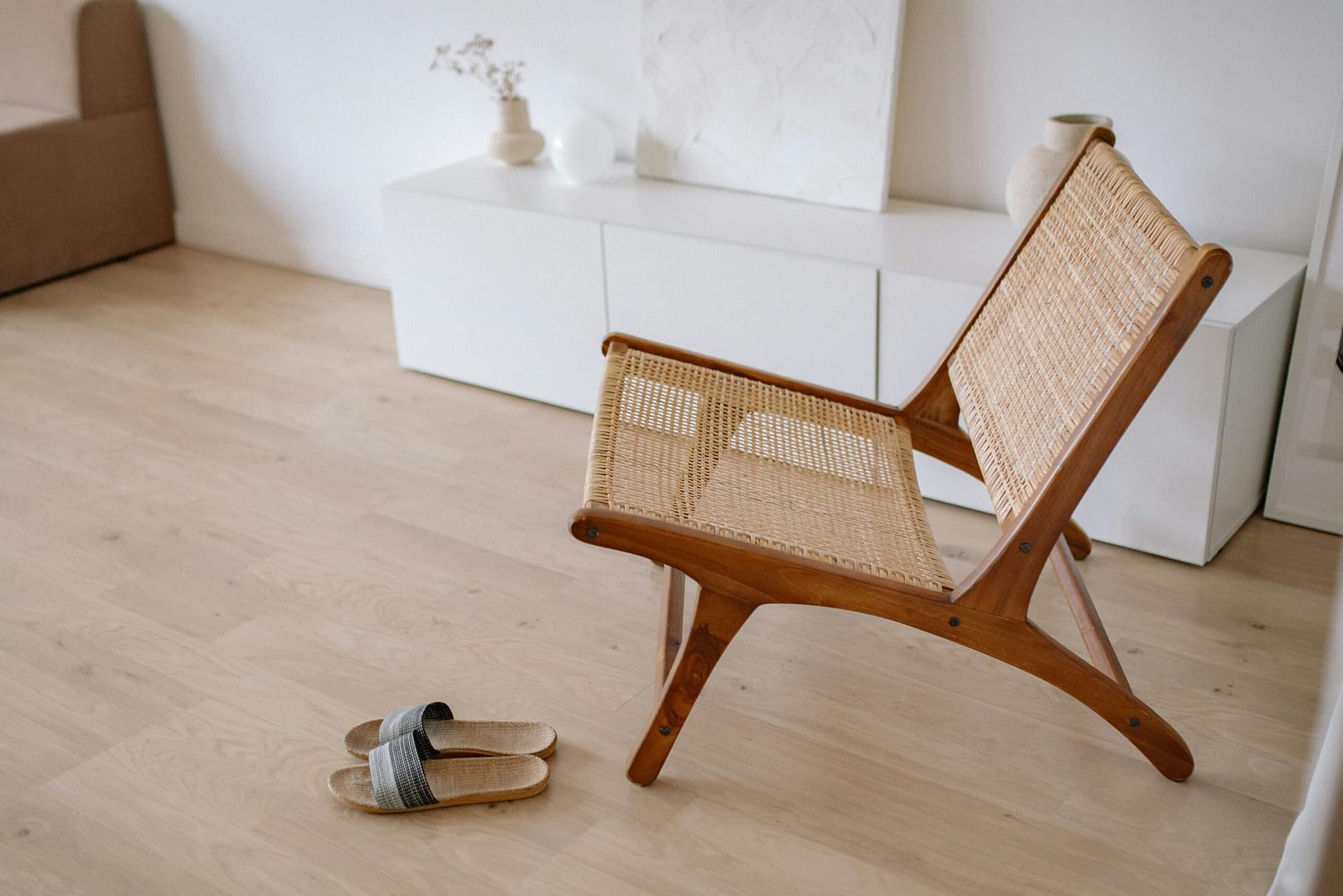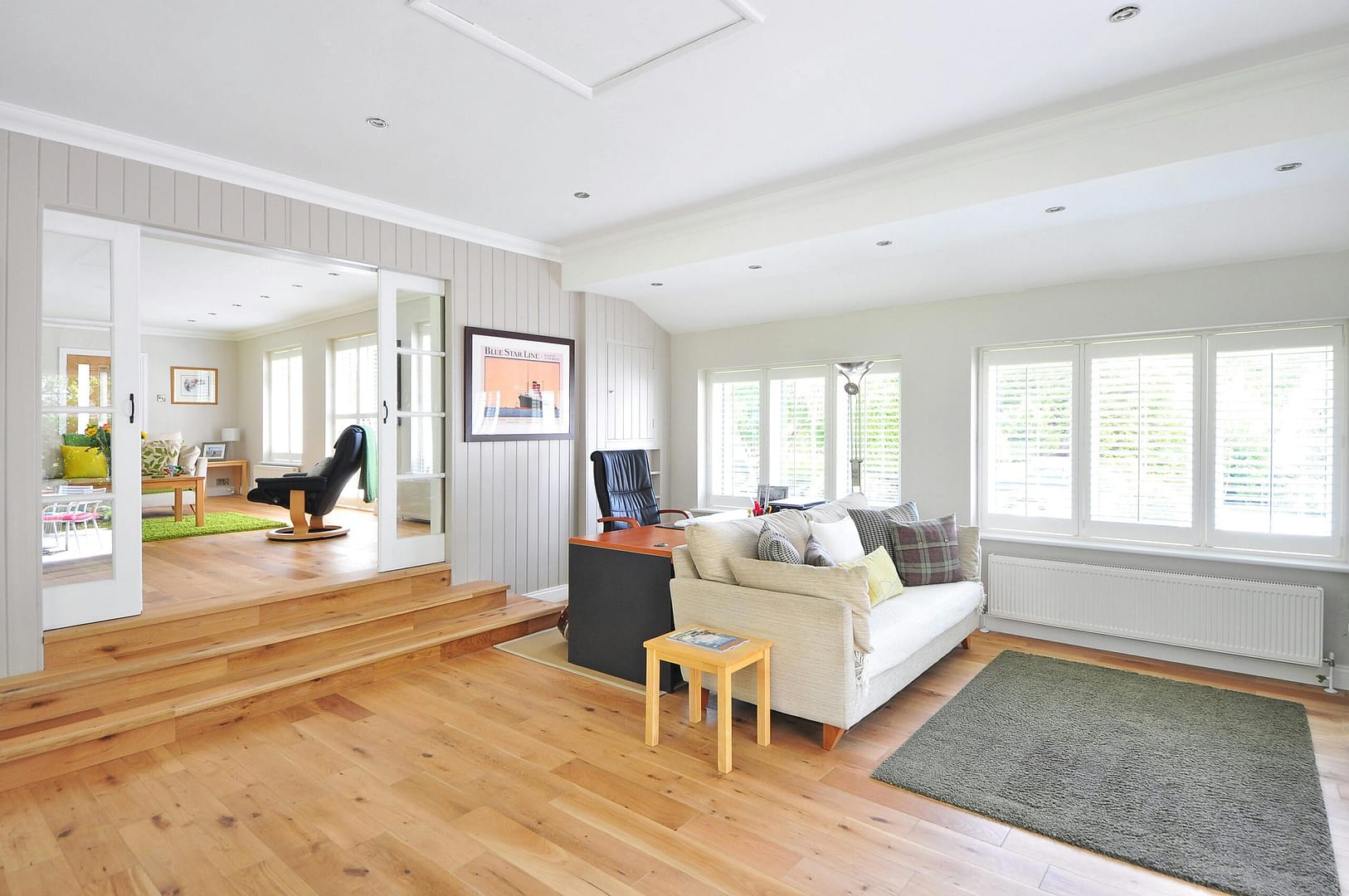- Renovations
Hardwood Flooring vs. Engineered Hardwood – What’s Better?
Hardwood flooring has long been the gold standard of the flooring world. Heritage homes, new luxury designs and dream renovations have included hardwood flooring and seen it to be essential to a timeless renovation or build. So naturally, you might have a few questions. What is engineered hardwood? How long has it been around for? Is it comparable? Is it cheaper? Am I missing something? These are the most common questions our clients ask us and we are here to answer them and give you a comprehensive guide to which option is best for you.
The style of your home, your budget and what each room used for are all careful considerations to make when deciding on which of these flooring options you will go for.
How is engineered hardwood made?
Engineered hardwood uses base layers of plywood or similar, normally 3 layers that are pressed together and glued to form a strong base that will prevent your top layer of hardwood (known as the veneer layer) from splitting or absorbing moisture, resulting in cupped or buckled floors when the moisture exits the wood.
The veneer top is then mechanically laminated to the plywood base, this veneer top typically is between one quarter and one third of the overall thickness of each plank. The veneer is finished with top layers of stain and coating to make it stronger and more resistant to absorbing moisture and other damage. Engineered hardwood is recommended for basement, condo renovations and for installation on a concrete subfloor.
Hardwood Flooring: A Timeless Classic
Hardwood flooring is made of a solid plank of lumber that’s milled to a uniform width and thickness.
Pros of Hardwood Flooring
- Durability: Hardwood flooring is incredibly durable and can last for generations with proper care. When properly installed and maintained, hardwood floors can withstand heavy foot traffic, pet claws, and even furniture being dragged across the surface. Due to each plank being one piece of wood, it can be refinished many times and even deep gouges repaired. Replacing nailed down individual planks requires skill but is easier than replacing interlocking groove planks.
- Beauty: It offers a natural, timeless aesthetic that adds warmth and character to any space. Hardwood floors come in a variety of species, each with its own unique grain patterns and colors. Hardwood floors are the gold standard of wooden flooring and offer opulence and timeless beauty.
- Value / Desirability: Hardwood flooring can significantly increase the resale value of your home. Many buyers consider hardwood floors to be a desirable feature, and they can help your home stand out in a competitive market. Long considered to be the gold standard in wooden flooring, hardwood floors can be laid in different patterns and thicknesses to achieve a timeless and valuable design.
Cons of Hardwood Flooring
- Cost: Hardwood flooring is generally more expensive than engineered hardwood. The initial cost of hardwood flooring can be higher due to the materials and labor involved in installation. Hardwood flooring is normally nailed down and this takes more time than a click and lock pattern or glue.
- Susceptibility to Moisture: It can be susceptible to moisture damage, making it less suitable for areas with high humidity. Exposure to excessive moisture can cause hardwood floors to warp, cup, or even rot. It is not recommended in condos, basement suites or high level moisture areas of your house, like a bathroom or recreation room. Laying on top of concrete is also not recommended as concrete is porous and absorbs moisture that can be transferred into the wood
Engineered Hardwood Flooring: A Modern Alternative
Pros of Engineered Hardwood Flooring
Stability: Engineered hardwood is more stable and less prone to warping or cupping than solid hardwood. The layered construction of engineered hardwood makes it more resistant to changes in humidity and temperature, reducing the risk of warping or cupping.
- Affordability: Engineered hardwood is often a more budget-friendly option compared to solid hardwood, especially for larger spaces. Installation is easier and costs less per square foot also, there are options available in a click and lock
style to make installation quicker and easier.
- Versatility: Engineered hardwood can be installed in various settings, including basements and above-grade floors. Unlike solid hardwood, engineered hardwood can be installed over concrete slabs or radiant heating systems. It comes in a large array of colours and finishes and is more consistent from plank to plank.
- Durability: It is durable and can withstand moderate foot traffic. Engineered hardwood is a good choice for areas with moderate foot traffic, such as bedrooms and living rooms. It’s protective coating allows for small scratches to be fixed.
Cons of Engineered Hardwood Flooring
- Limited Refinishing: Engineered hardwood can only be refinished a limited number of times. The thickness of the veneer layer determines how many times it can be sanded and refinished.
- Less Natural Look: While it can mimic the appearance of solid hardwood, it may not have the same natural feel. Engineered hardwood may not have the same depth and character as solid hardwood, especially when viewed up close. It’s hard to describe the aura and feeling that a hardwood floor gives without being in the room, this is the opulence of hardwood that sometimes isn’t completely mimicked in engineered hardwood.
Installation and the importance of subfloor preparation:
We are now going to outline one of the largest mistakes we see in DIY flooring projects and that is the neglect of proper subfloor preparation. Regardless of the quality of the flooring you choose, correct subfloor preparation is going to have a huge impact on the longevity of your flooring and the overall look and feel of engineered hardwood or hardwood flooring.
The use of a professional flooring company will ensure that your subfloor is properly prepared, having a knowledge of what this should look like will keep you well informed to oversee this preparation and ensure that your professional floor layer is doing the job you hired them for correctly.
Final Thoughts
The best choice for your Vancouver home renovation or design project will depend on your specific needs, budget, and lifestyle. Ultimately, the decision between hardwood and engineered hardwood flooring is a personal one. We hope you now have a better understanding of these two popular flooring options, their benefits and limitations to help you make an informed decision for you and your family’s Vancouver home renovation. By utilizing a professional flooring company, your investment will age well and be a solid foundation for years to come.
Related Posts
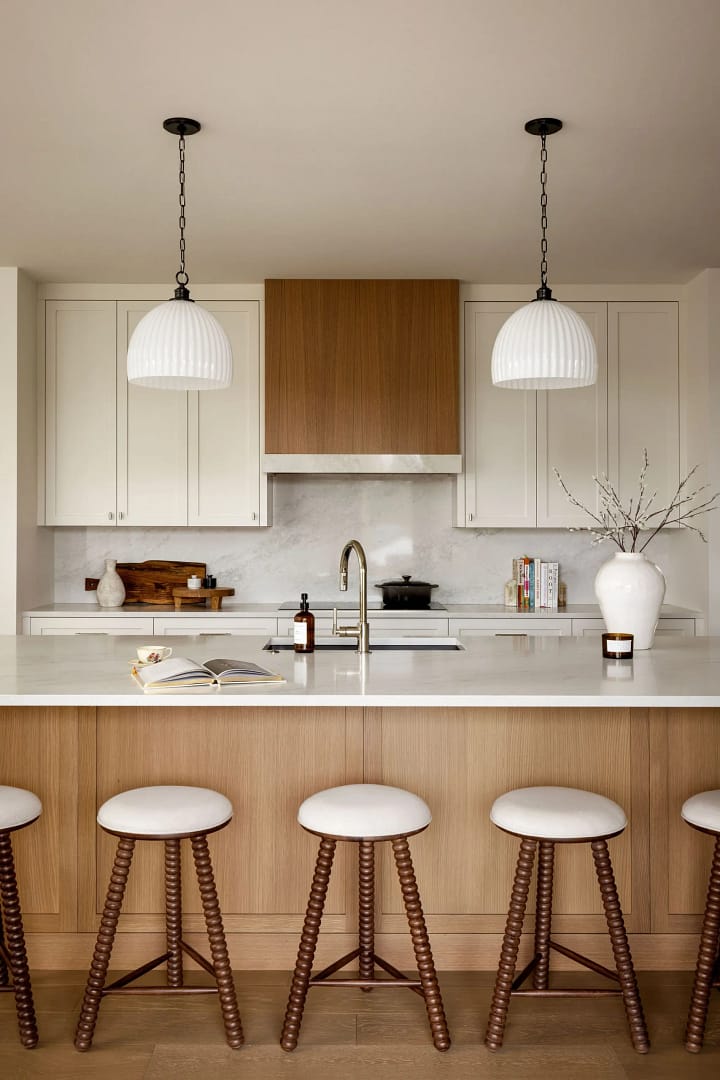
Kitchen Renovation Vancouver: 12 FAQs Homeowners Ask (Answered Clearly)
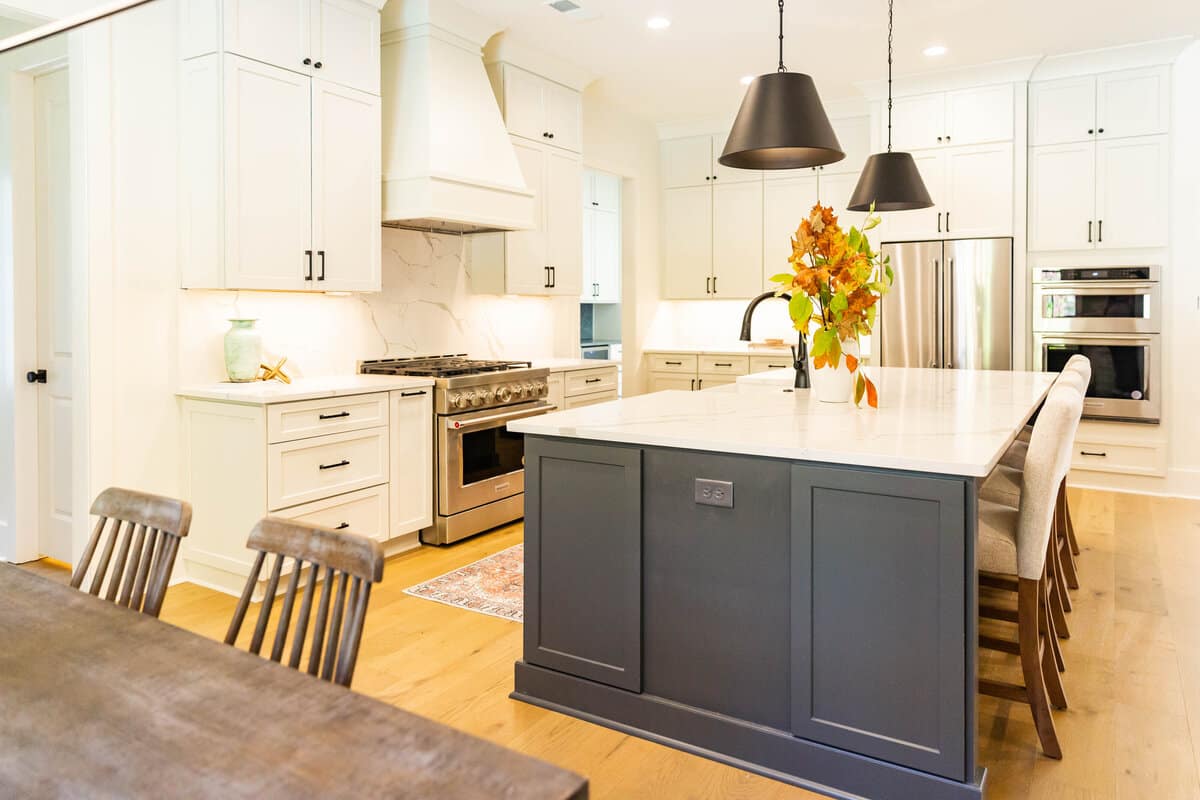
Condo Kitchen Renovation Vancouver: Strata Rules, Scheduling & Approvals
Start Your Renovation Journey Today!
Drop us a line and a member of our team will reach out to you as soon as possible!
